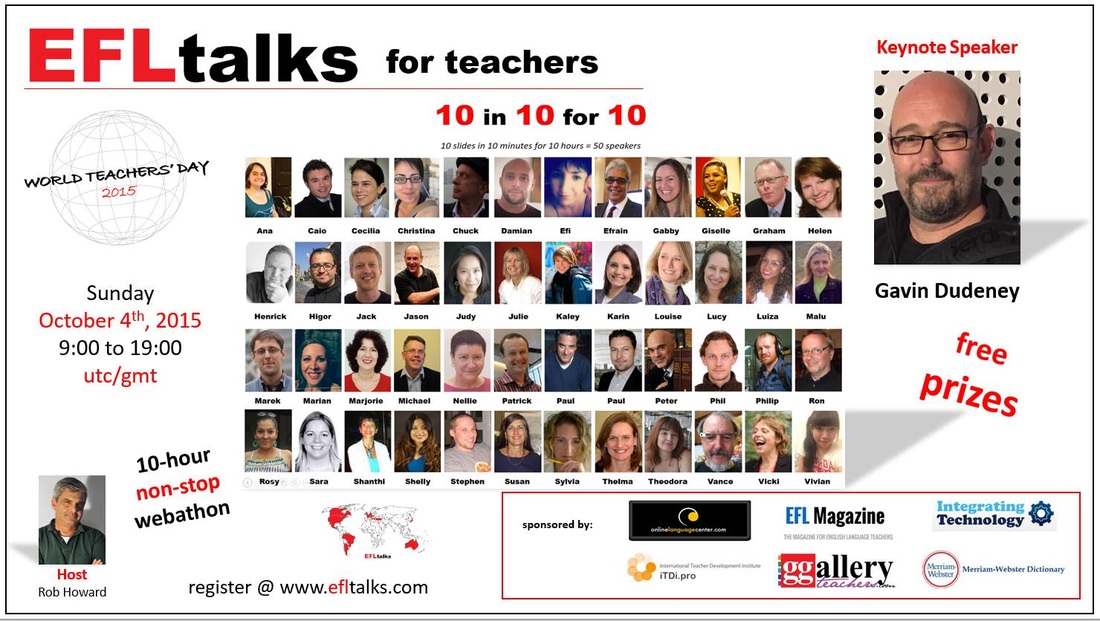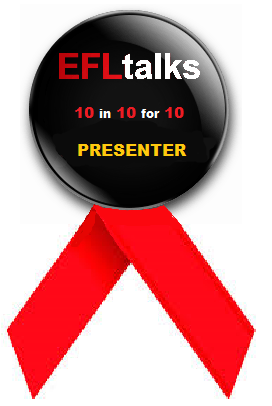|
THE HISTOMAP is the first historical map I have found which presents 4000 years of history and the relationships between populations at a glance! Below are just a few ideas, vocabulary and expressions to ask questions with: - Prepare questions using: How long...? Which... ? When... ? Where... ? Who... ? etc. - Comparisons. ' - more powerful than - the most powerful - as... as - New vocabulary, verbs, passive tense and collocations: - conquered (by) - reign lasted - were in power for - lasted - weak / strong - great - destroyed (by) - short-lived - long-lived - Western / Eastern world - Middle-East - developed - grew - maintained - people vs population You can download THE HISTOMAP below. I found it freely downloadable in Internet .. Hope you find some stimulating questions to ask with it! Susan If you have NO TIME to STUDY but want to improve your English in 10 minutes a day, while you are DRIVING TO WORK or MAKING DINNER, check out LEARN ENGLISH NATURALLY with GUIDED FLUENCY & LISTENING PRACTICE ONLY 10 minutes a day take you a very long way… http://bilingual-communications.weebly.com/store/c1/Featured_Products.html Also check out MY PLAYLIST for more of Susan's ESL Learning Videos (Chants & Songs) https://www.youtube.com/playlist?list=PLrvV_PywFOlxgfR5RpMw7rLsI6ai3yHai
0 Comments
Songs always bring a breath of fresh air into the SONGS in the classroom: GRAMMAR GALORE – intermediate / advanced / teens / adults lassroom and are greeted with joy. I usually try to choose songs, which are not only clear and fairly easy to understand but have meaningful content for language learners such as grammar, phrasal verbs or vocabulary pertinent to what we are studying. A wonderful song full of all kinds of grammar and expressions that is for intermediate / advanced students is HOLLYWOOD – Michael Buble. The catchy tune is fun to listen and sing along to whilst the rich assortment of language leads to all kinds of possible adaptations for practice – some of which I have suggested at the end of the document to download. You can download the worksheets to the song below. Feel free to delete or translate the Italian into another language. Can anyone suggest any other songs for practising grammar revision? Hope you have fun with it! Susan
If you liked this song, check out my playlist for other chants and songs:
YOU TUBE PLAYLIST: Susan's ESL Learning Videos (Chants & Songs)
The last few days before Christmas are marked by LOW CONCENTRATION and HIGH EXCITEMENT built up by all the pre-Christmas activities and the tiring end of the year. I usually reserve these following activities for just this last period and it always captures the students attention.
You can download the links to these activities below. I hope you have fun with these last-minute Christmas activites. Susan
In constant search for stimulating materials to use with my wide age and level range of students a couple of months ago I stumbled upon THE HISTOMAP which then got lost in my jungle of digital files buried in my computer. It casually reappeared on my screen at the end of the school year and I felt the urge to print and laminate it, sticking it's colourful seven-page vertical length on a column in front of my main entrance door where it is always met with curiosity and fascination. It is the first historical map in my possession which presents 4000 years of history and the relationships between populations in an immediately decipherable context. I have finally come to understand history at a glance! The other day it occurred to me what a potential THE HISTOMAP has for CLIL history lessons but not only... below are just a few ideas which came to mind: - Groups of students prepare questions for other groups using: How long...? Which... ? When... ? - Comparisons can be made: - more powerful than - the most powerful - as... as - New vocabulary, verbs, passive tense and collocations can be introduced: - conquered (by) - reign lasted - were in power for - lasted - weak / strong - great - destroyed (by) - short-lived - long-lived - Western / Eastern world - Middle-East - developed - grew - maintained - people vs population - RESEARCH PROJECTS can be given to youngsters to then present to everyone - ADULTS can tell us anything they know about the various historical periods or populations from personal knowledge. Any other ideas?? You can download THE HISTOMAP below. I found it freely downloadable in Internet .. Hope you find some more stimulating activities to do with it! Susan
Introducing the PRESENT PERFECT in an easy, fun, memorable way and then adding a more complex activity to recognize the structures in contrast to the SIMPLE PAST is always very successful in my classes ranging from teens to adults. The class is divided equally into teams A and B. The FIRST GAME is a question of LUCK: it consists in exploiting my favourite hobby, which is travelling, but it can be extended to other fields equally well. I have travelled extensively during my life and so the teams have to take turns in asking me these two questions, which I write on the board (before even introducing the grammatical explanation): Students; Have you ever been to …………. ? (only countries) Teacher: Yes, I have. (win points*) / No, I haven’t. (NO points* - other team’s turn) Students; When did you go there? Teacher: I went there in ……….. . (I write the date and the team member has to read the year correctly to win 1 point) Rules: (* 1 point – Europe / 2 points – outside Europe / 3 points – improbable tourist destination) If a team repeats a question – NO points (it encourages listening to the other team). As you can see, it’s a question of luck whether they win a point or not because they can’t know where I have been. If you haven’t travelled extensively you could use only cities or only activities or only food etc.. So the game can be adapted to your experience: e.g. Have you ever done bungee jumping? = 3 points / Have you ever played golf? = 2 points / Have you ever played tennis? = 1 point. The repetitive nature of this activity fixes the structure in their minds before they ever need to know the grammar behind it. In my classes I have difficulty stopping the activity after 30 minutes because they are so excited to discover where I’ve been… The SECOND GAME is a question of CONCENTRATION and SPEED: it consists in each student having a column of sentences (see download) to consult. The teacher has previously printed and cut out a series of sentences which students will alternately (team A then team B) pick out of a bag and read aloud to all the class. The first person in the whole class to find a logical consequence to the sentence from their list to consult wins a point for their team. In this case the whole class participates in looking for the answer. The teacher has both questions and answers to check but sometimes more than one answer may be possible. This exciting game gets them thinking and although it’s slow at starting, once they have read them a few times it really picks up speed and makes them use their brains rather than the usual ‘easy, automatic’ answers one is often requested to do in books. Hope you have fun with it! Susan
A note regarding the downloads:
To my frustration I can’t seem to find the original documents in my computer so I have had to scan the copies I use at school. Should I manage to find them I will substitute them with the better originals. qui per effettuare modifiche. Noughts & Crosses as another of my favourite end of lesson REVISION GAMES had already been planned for this post when I realised that tekhnologic had just been awarded the BRITISH COUNCIL TEACHING ENGLISH Featured blog of the month for April 2015 for a very similar game dedicated to students who are at a much higher level. A great idea I had never thought of and will certainly implement!
I tend to use this game for elementary to pre-intermediate levels to REVISE FORMULATING QUESTIONS (which is forever tricky) and IRREGULAR VERBS. I divide the class into two teams. As can be seen in the photo, I put verbs in the base form and they have to formulate sentences using the verbs in the simple past and spelling them to me correctly to be allowed to place a nought or cross in their square. Alternatively I put irregular verbs in their past form and ask them to formulate questions for the other team with them. For elementary students I put verbs in the present tense and also suggest a pronoun in order to have some questions asked or sentences formulated in the third person. Noughts & Crosses is a very versatile no-preparation revision game, which is particularly fun and useful towards the end of the year when students are getting tired and teachers want to verify how much they have retained. It can be a warmer, a filler or even a complete lesson I discovered. That is the power of Noughts & Crosses! Can anyone suggest any other simple REVISION ACTIVITIES? Hope you have fun with it! Susan Practising the pronunciation of REGULAR VERBS in the SIMPLE PAST is often underestimated due to the fact that everyone concentrates on learning the irregular verbs, deeming regular verbs to be easy. It is only when students read aloud in class that this necessity becomes apparent, often making my very long hair stand on end! As a result many years ago I made up this Simple Past REGULAR VERBS Pronunciation Game which you can download below. 1. First of all I refresh the students' memory by dividing the blackboard into three and distinguishing between the three pronunciations as on the photocopy. 2. We practise all together as I write some examples of verbs in three columns on the board. 3. Depending on the level of the students, I then leave it on the board to consult or rub it off. 4. Now it's time to divide the class into two teams and distribute one set of verbs to one team and a different set of verbs to the other team. NO WRITING is allowed as this is an oral skill to be practised. 5. The first team starts by each reading just one verb in turn until someone makes a mistake. 6. Then the other team reads theirs, just one verb per person until someone makes a mistake. 7. Then the first team STARTS FROM THE BEGINNING OF THE LIST again, but this time with another person reading so as NOT to always have the same people reading the same identical verbs as before. 8. The game proceeds taking turns, ALWAYS STARTING FROM THE TOP OF THE LIST AGAIN, until one team manages to read their list completely with making a mistake! 9. All this repetition helps them to fix the pronunciation in their minds and be more aware of it. 10. If there is time at the end of the lesson we also read "The Story of Willy the Kid" taken from the age-old Streamline Departures, filling in the gaps and pronouncing the verbs correctly (see download). There is also a very nice audio* of it to listen to and we even act it out time-permitting. * LISTEN TO AUDIO https://www.youtube.com/watch?v=IxXou87go7Q Hope you have fun with it! Susan
|
Categories
All
Would you like regular English learning & teaching ideas? Subscribe to my blog so you don't miss a post!
AuthorMy name is Susan Brodar, born in London into a multilingual family and brought up bilingual English / Italian. Archives
December 2018
|
|||||||||||||||||||||||||||||||||||||||||||||||||||||||||||||||||||||||||||||||||||||||||||||

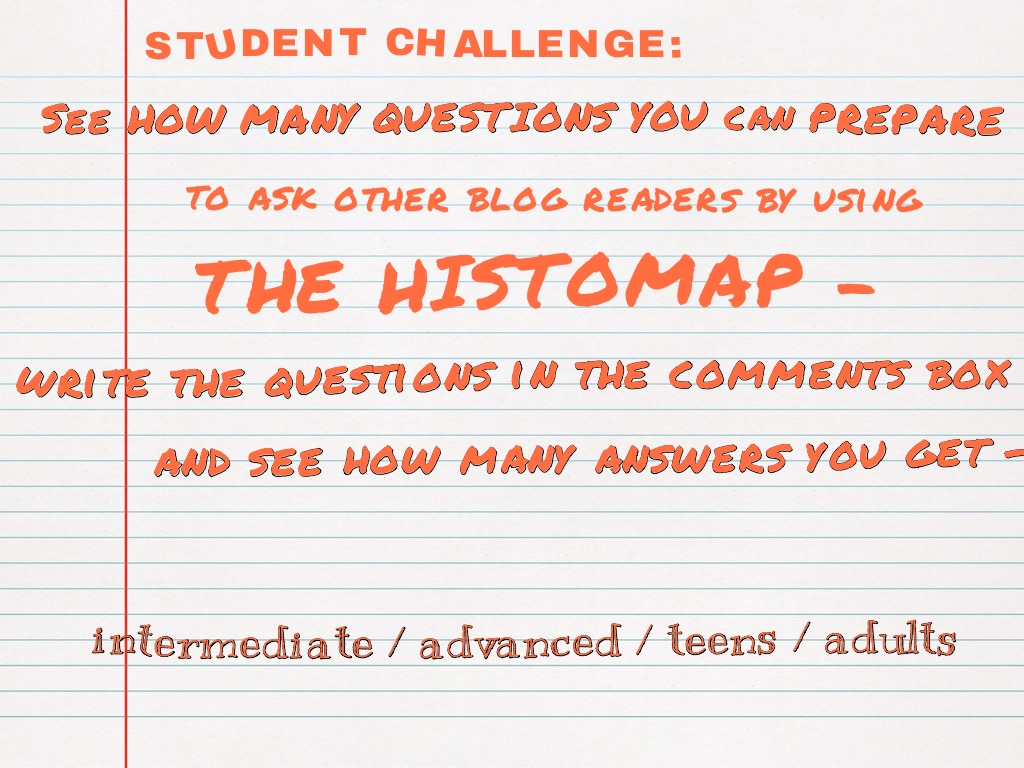
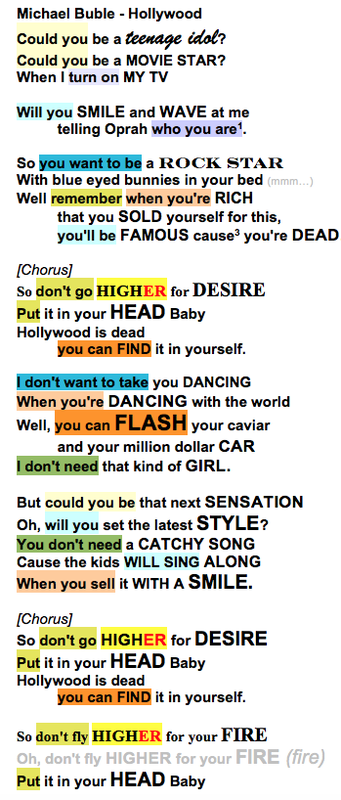
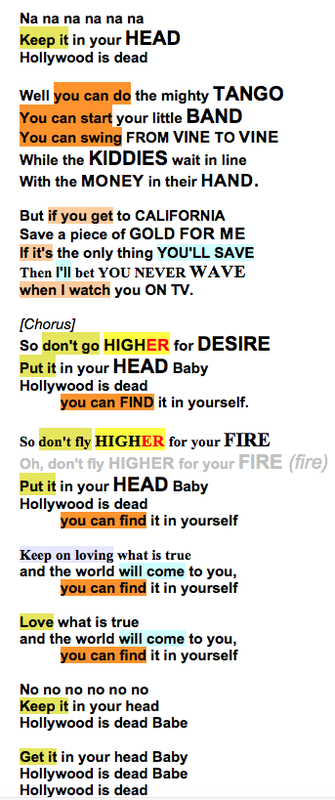
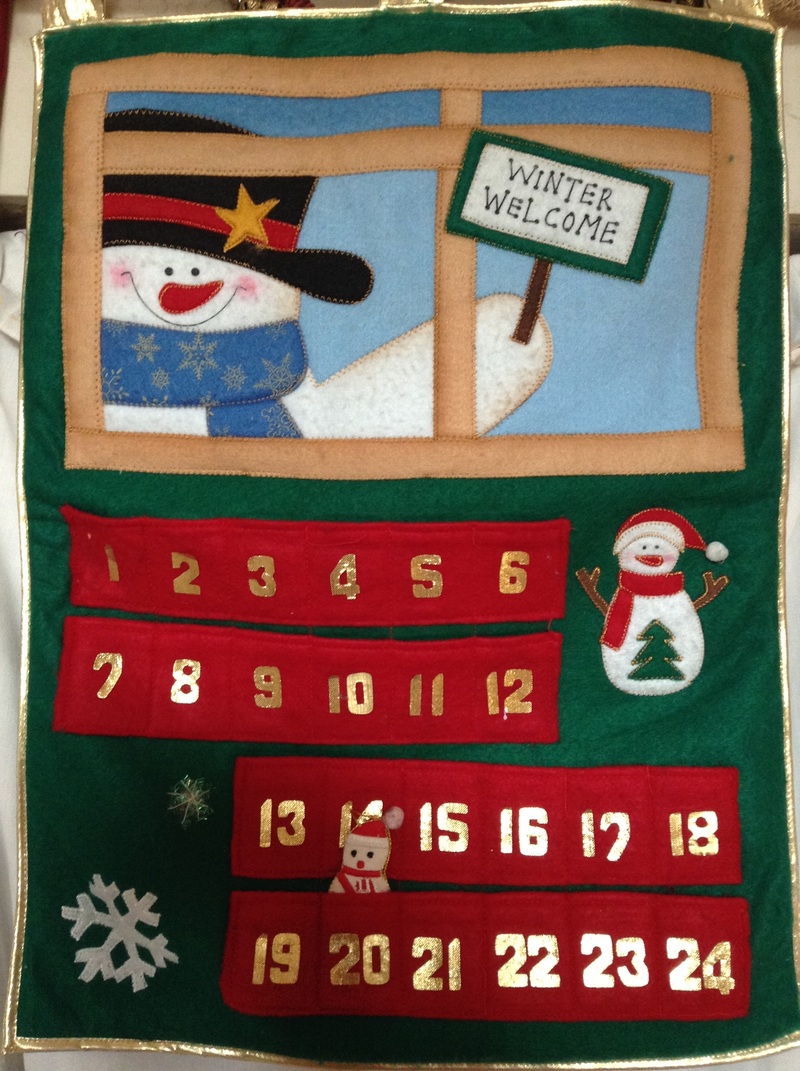
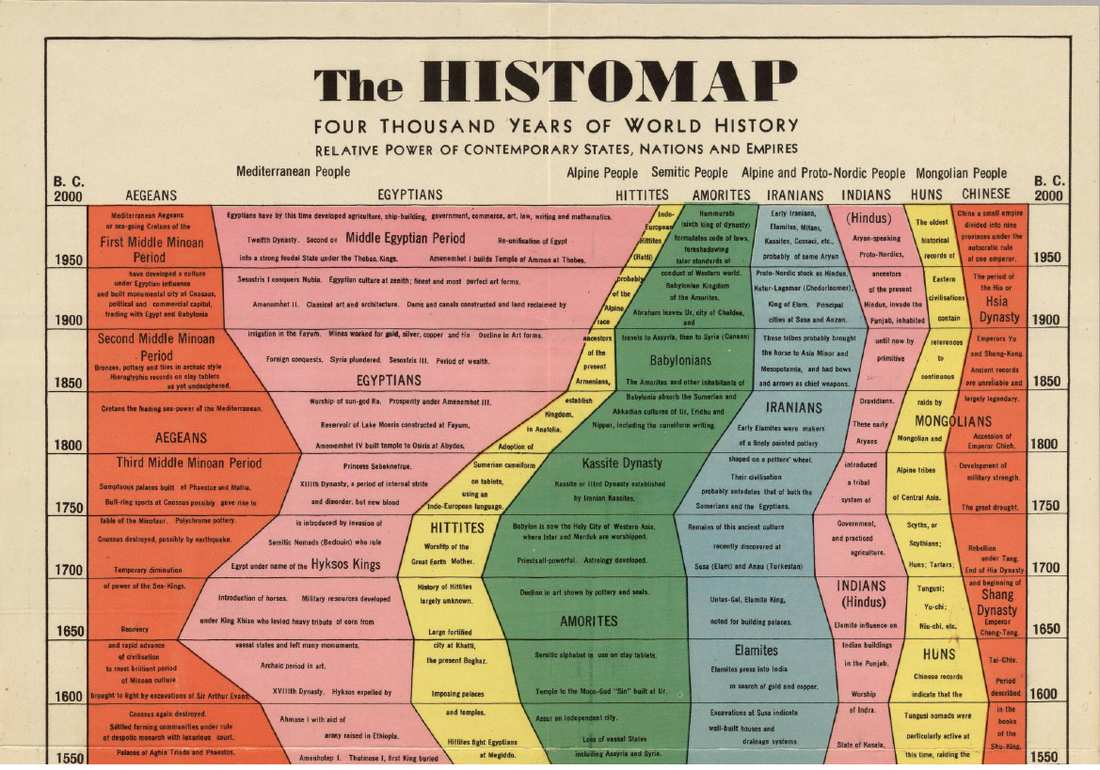

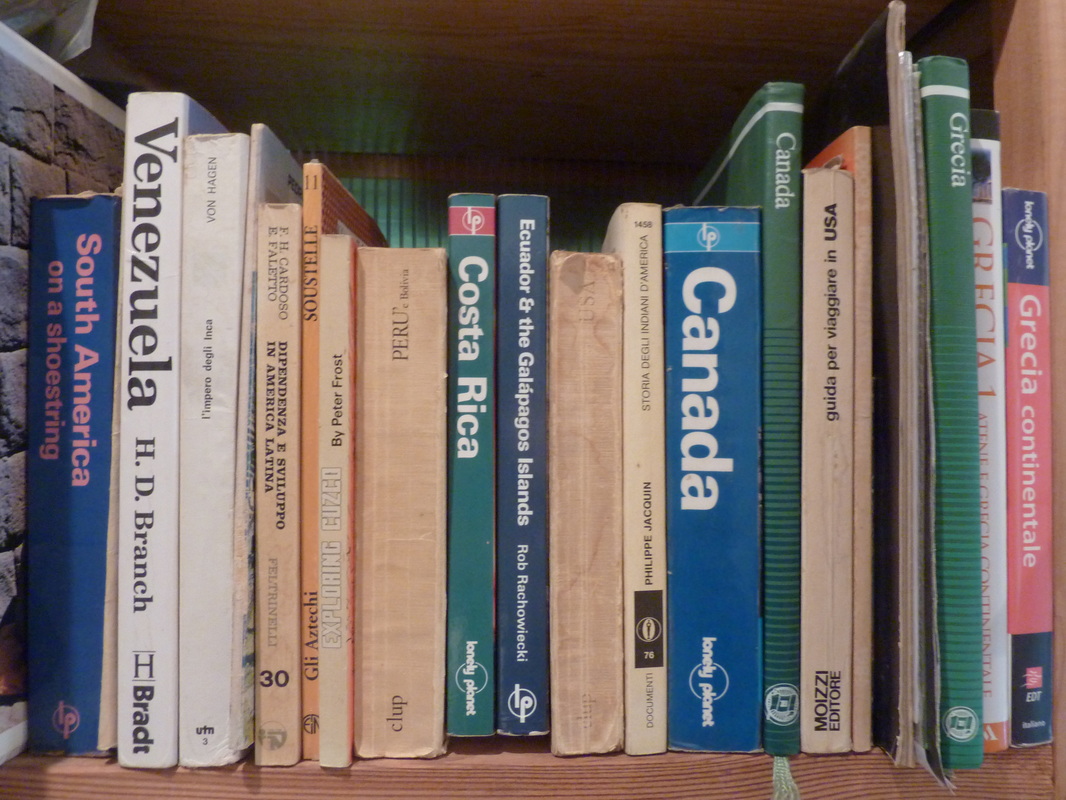
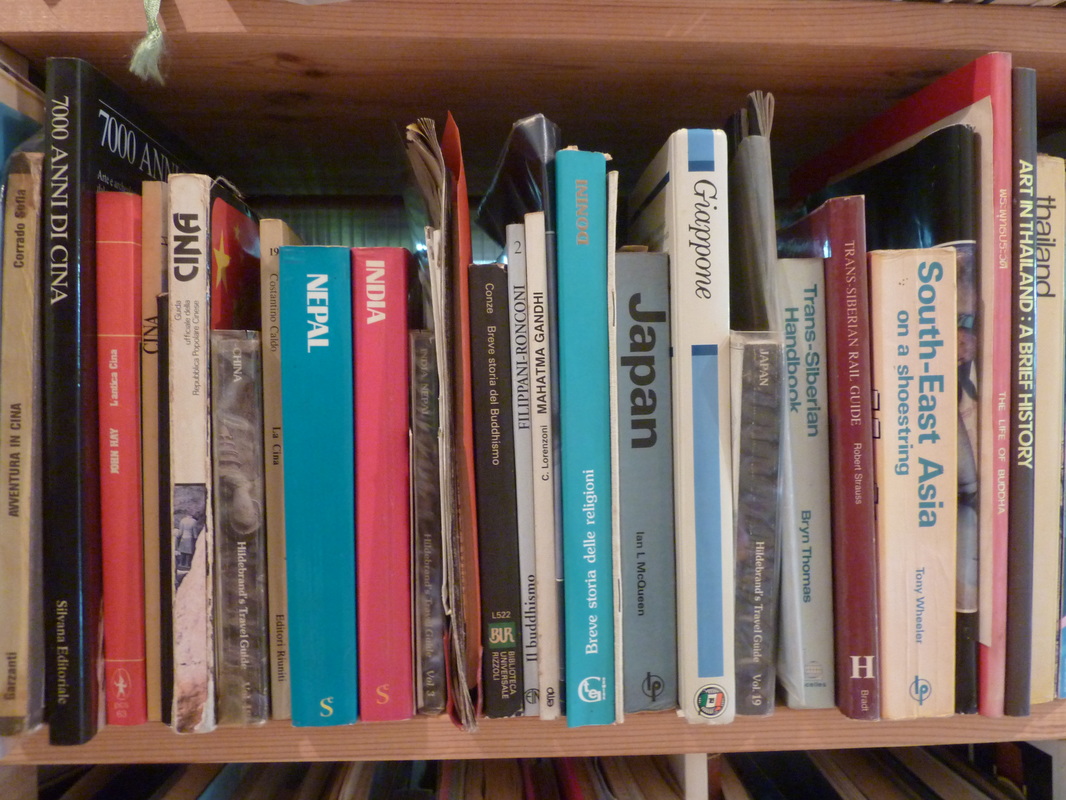
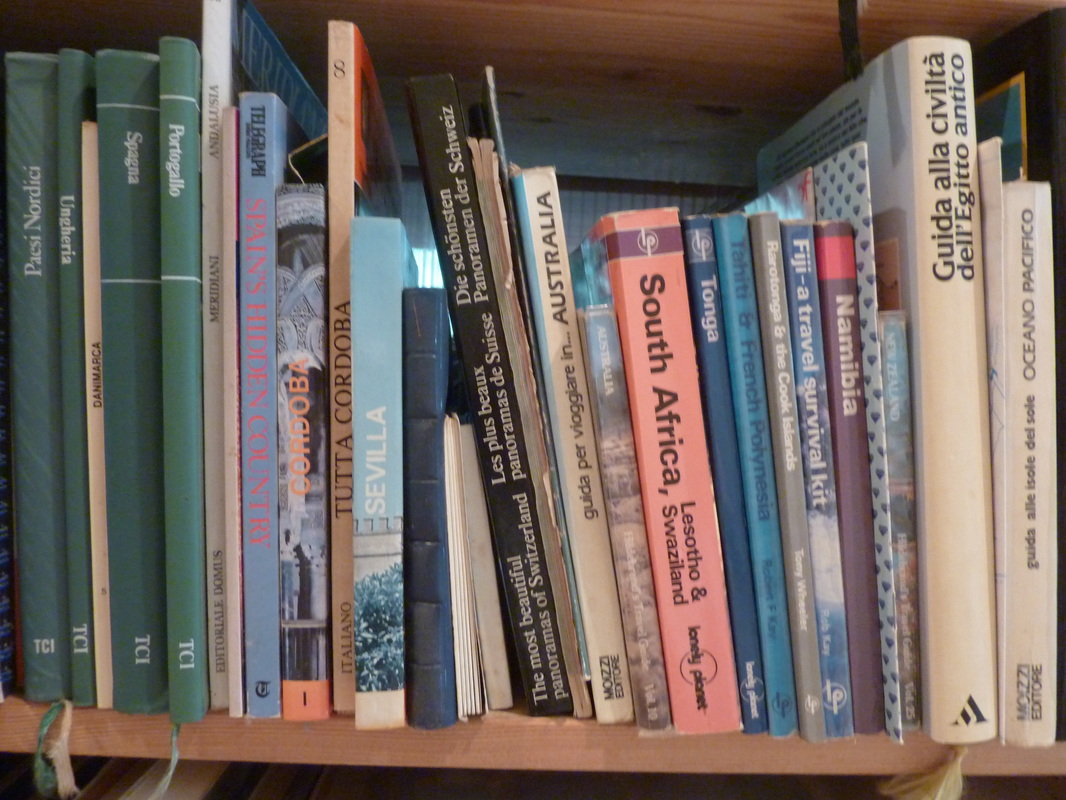
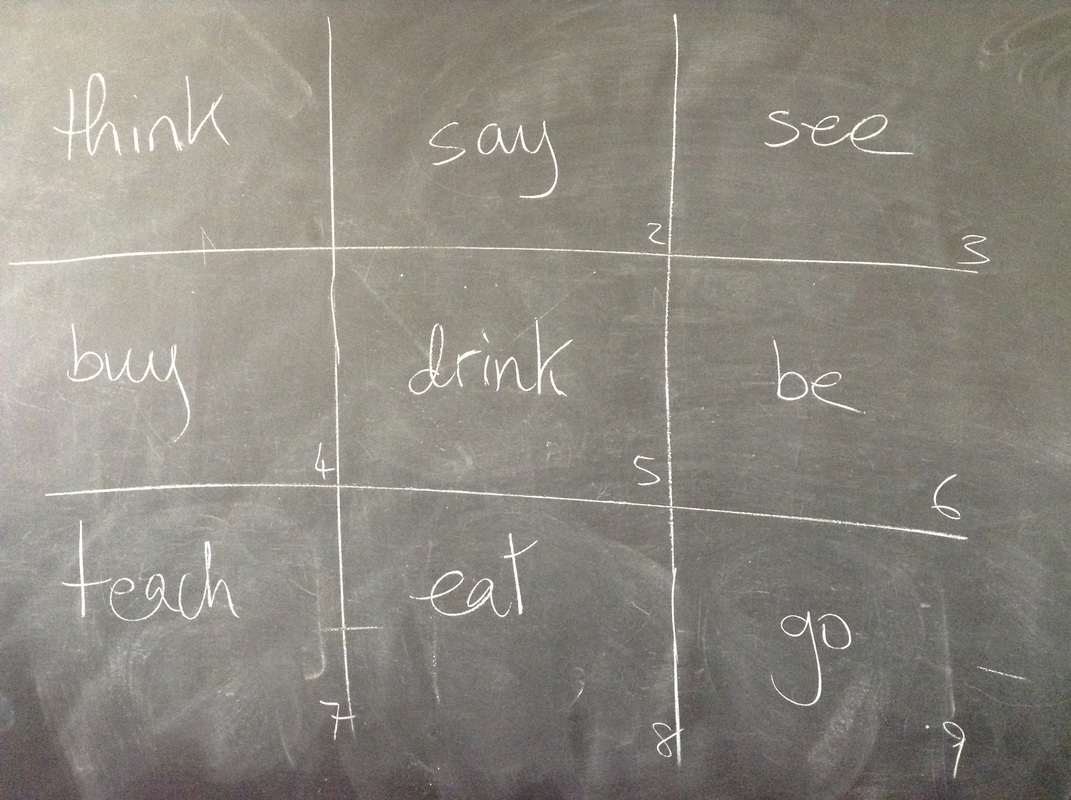
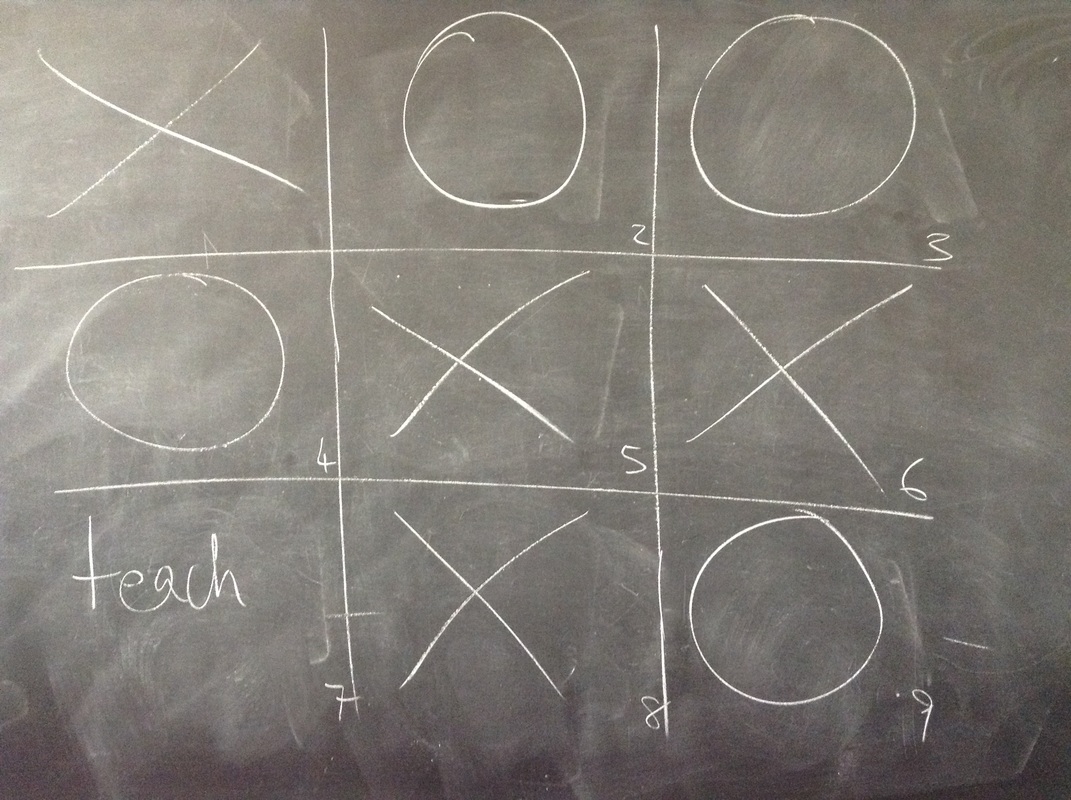
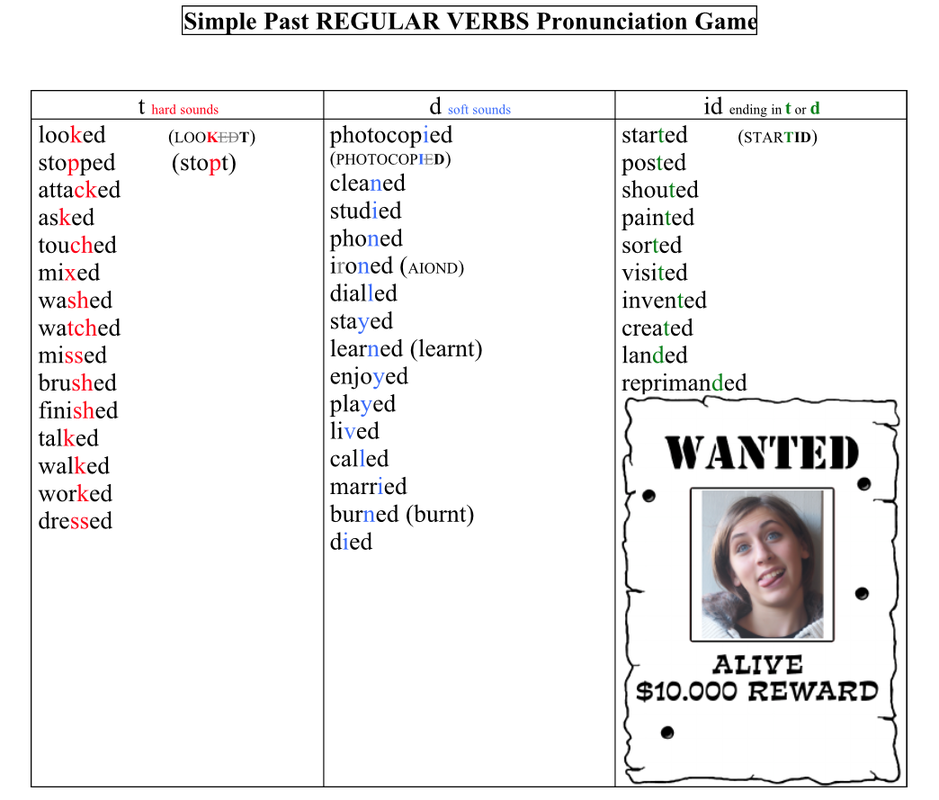



 RSS Feed
RSS Feed
